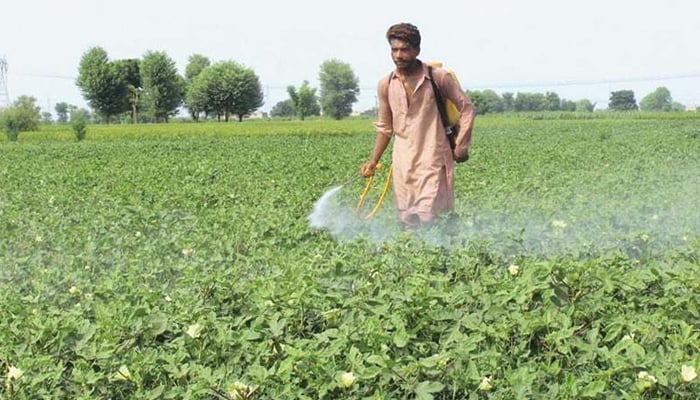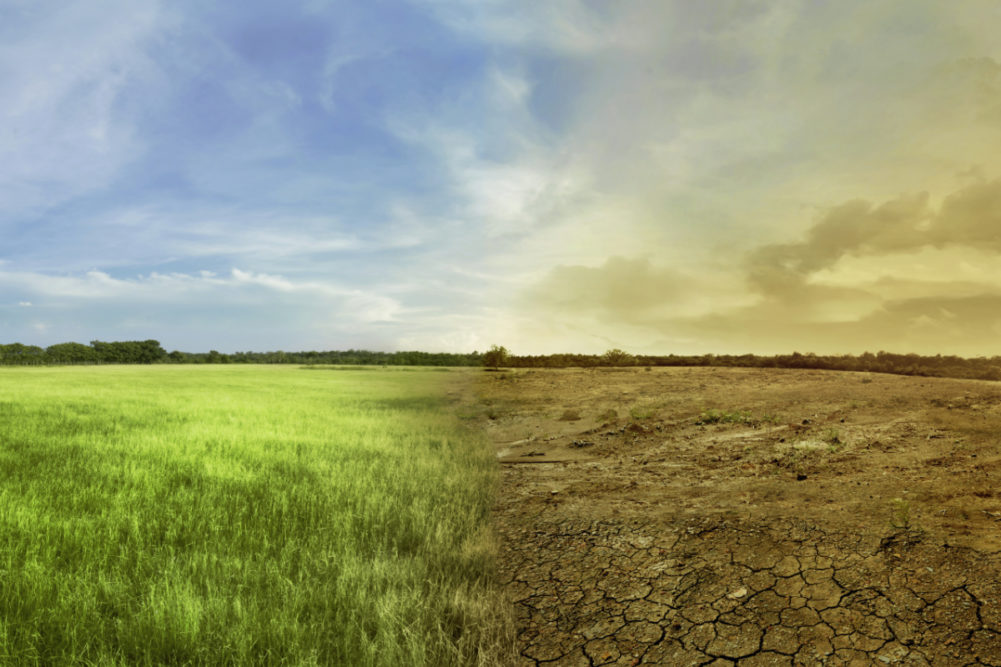Project Proposal
Role of Human Rights Welfare Society Pakistan in Achieving ‘Zero Hunger’ in Pakistan according to Sustainable Development Goals
This project proposal focuses on the role of the Human Rights Welfare Society Pakistan (HRWSP) in promoting food security and ending hunger within the country.
For getting a complete proposal you can contact us at
Contact: gdn100@gmail.com / What’s App Us:+923082792040 and pay the price of your desired project.
Product Description
1. Introduction:
The United Nations’ Sustainable Development Goals (SDGs) set forth a global development agenda aimed at addressing various socio-economic and environmental challenges, including the eradication of hunger (Goal 2: Zero Hunger). This project proposal focuses on the role of the Human Rights Welfare Society Pakistan (HRWSP) in promoting food security and ending hunger within the country.
2. Problem Statement:
Hunger remains a pressing issue in Pakistan, with a significant portion of the population facing food insecurity. Limited access to nutritious food, poverty, lack of agricultural development, and ineffective government policies contribute to this alarming situation. To address hunger effectively, a comprehensive approach involving various stakeholders, including civil society organizations like HRWSP, is essential.
3. Objectives:
– Educate and create awareness among communities about the importance of food security and its linkage with human rights.
– Advocate for improved governance to ensure effective implementation of policies related to food security.
– Promote sustainable agricultural practices, including diversified farming techniques, to enhance food production and reduce reliance on imports.
– Collaborate with relevant stakeholders to establish food banks and distribution channels to provide immediate relief during emergencies or in times of extreme food shortage.
– Develop and implement programs to enhance the capacity of marginalized communities in food production, storage, and preservation.

4. Methodology:
– Conduct extensive research and data collection to identify the most affected regions and vulnerable communities suffering from food insecurity.
– Organize awareness campaigns, workshops, and seminars to educate communities about their rights to food and the importance of sustainable agricultural practices.
– Advocate for policy changes and improvements in the governance and implementation of food security-related programs.
– Establish partnerships and collaborations with other NGOs, government agencies, and international organizations working towards achieving Zero Hunger.
– Identify and implement sustainable agricultural projects in collaboration with local communities, providing training and resources to enhance their food production capabilities.
– Develop and implement programs to promote food conservation, storage, and preservation techniques.
– Establish food banks and distribution channels to provide immediate relief during periods of extreme food shortage or emergencies.
5. Expected Outcomes:
– Increased awareness and understanding of the importance of food security and human rights among vulnerable communities.
– Improved governance and policy implementation related to food security.
– Increased agricultural productivity and reduced reliance on food imports.
– Enhanced capacity and livelihood of marginalized communities through training and support in sustainable agriculture practices.
– Establishment of food banks and distribution channels to cater to immediate food requirements during emergencies.

BUDGET:
1-Research and Data Collection: $25,000
2. Awareness Campaigns, Workshops, and Seminars: $40,000
3. Advocacy for Policy Changes: $20,000
4. Sustainable Agricultural Projects: $45,000
5. Food Conservation and Preservation Techniques: $15,000
6. Establishment of Food Banks and Distribution Channels: $30,000
7. Monitoring and Evaluation: $15,000
8. Administrative and Overhead Costs: $10,000









Reviews
There are no reviews yet.